Posts sorted by Commentary

8 min read
Can “We are Halluci Nation” Offer us a Decolonial Future?
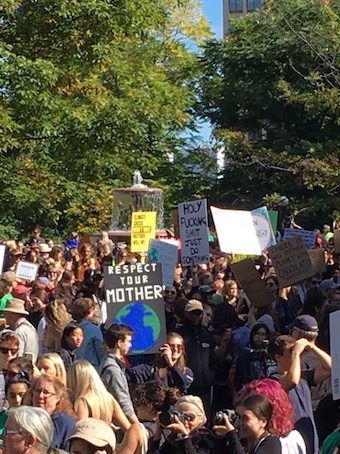
Attention: We Stand in Solidarity with Youth Climate Action

5 min read
Thousands of Ottawa Students March to Protest Climate Change

4 min read
UNRWA in Canada’s First National Leaders Debate – Wait, What is UNRWA?
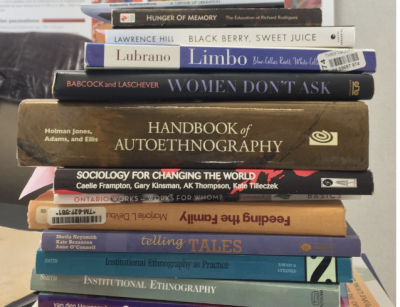
16 min read
Becoming Migration Researchers: Disquieting Borders with Auto-Ethnography

11 min read
From Vietnam to Canada: Exploring through Photographs, Footprints and Fingertips
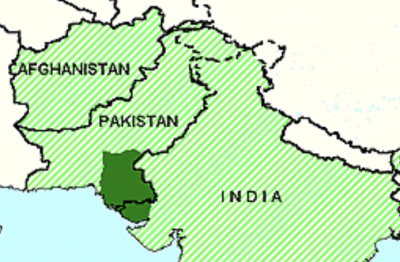
8 min read
Language Past, Present and Future: Being Memon, Expressing Life in Kutchi
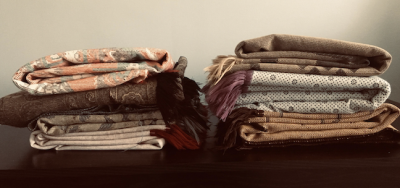
10 min read
From Asia to North America: Praying Here, There, and Everywhere
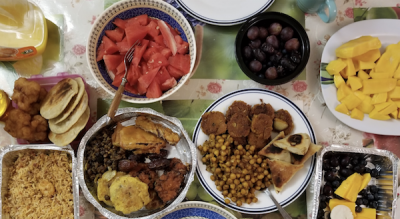
12 min read
Growing up in a Bengali Kitchen
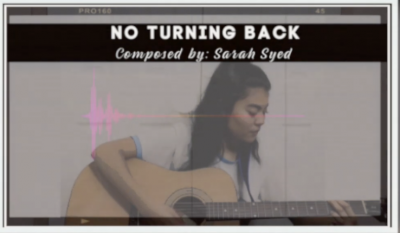
9 min read
A Song for my Mother: No Turning Back

5 min read
[Millennials' Voices] Disappearing Comment Sections on News Websites: Cause for Concern?

4 min read
[Millennials’ Voices] Attacking the Political Sphere with Fake News
Page 5 of 9